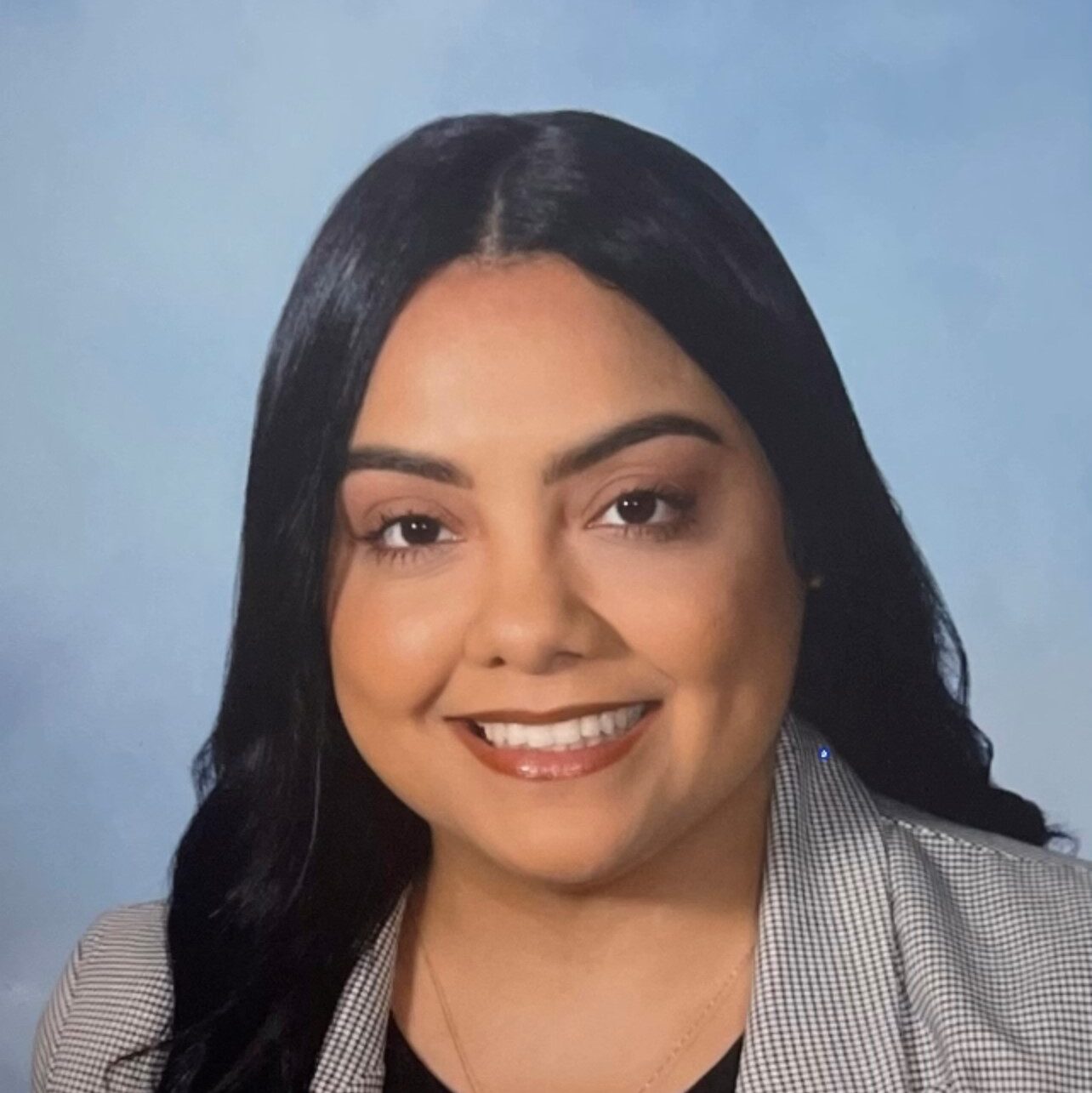
03:00 - 04:30 pm
The First Month of School and Beyond: Nurturing Attendance Every Day

“One of the biggest things we have tended to do is focus a lot on the parents because they’re the ones that bring the kids to the school. So [we’re]…picking up on that part…not only celebrating the kids, but also celebrating the parents. – Sandra Romero, Children’s Aid Society, New York
In this session, CGLR hosted a conversation with experts at the district, school, community and city levels to hear the multifaceted approach each is using to partner with families to overcome attendance barriers and make attendance a priority strategy for laying the foundation for early school success.
Hedy Chang of Attendance Works started the discussion describing the exceptionally high chronic absence rates affecting young students in every community in the United States. Chang moderated the event, where panelists shared details about communicating attendance and health policies, developing routines at home and helping families understand how daily attendance in kindergarten improves student learning and well-being. They also described successful district-wide initiatives and how city leaders and community partners can support kindergarten attendance.
Lysandra Agosto, MBA, with Children’s Aid in New York noted that staff begin the school year with a warm welcome for students and families. Agosto shared that during orientation and periodically throughout the school year, staff discuss with families the definition of chronic absenteeism and its impact on student achievement. Staff are trained on procedures around monitoring attendance and how to respectfully check in and provide support to families. Children’s Aid also created videos with students and parents sharing why they enjoy attending school.
Sandra Romero of Children’s Aid emphasized an intentional approach to building relationships with families. Key is celebrating families whenever possible, including during parent teacher conferences and monthly parent cafes. They also take time to talk with families about the lost instructional time when the student is out and help parents/caregivers to develop routines at home that support getting children to school on time daily.
Anel Garza of Marshalltown Community School District in Iowa explained that school staff listen to parents’ concerns or the barriers causing them to not bring their child to school, which might be health related, work related or a social, emotional, mental need. Whatever it is, they listen with intent. Staff show the family the attendance data and tell them it is a school concern and how it’s impacting their child. When those two concerns are on the table, they problem solve and come up with various solutions and say, “let’s try this one first.” And if it doesn’t work, they try something else. The attendance team meets weekly to problem solve and address individual student needs as they arise.
Benjamin Barlow with Albuquerque Public Schools (APS) in New Mexico shared the district’s comprehensive approach, which includes an awareness campaign with social media and a focus on capacity building for school teams. APS offers transformational coaching to support preschool and kindergarten teachers as they build their knowledge of chronic absence and apply practices to help families understand the critical benefits of early attendance. The coaching also focuses on supporting student groups facing additional challenges, such as Native American students and students who are unhoused or in foster care.
Monica Rossi, MSW, of Children’s Aid stressed the importance of making sure students have access to high-quality health care. She noted that many families need guidance for managing the common cold, flu, COVID-19, asthma and any other illnesses children may face. Children’s Aid created a health manual for all school staff and a shorter version for families, which includes a chart describing what families can do when a child is sick and when their child can return to school.
Brandis Stockman with National League of Cities clarified that cities are invested in addressing chronic absenteeism, because it makes a big difference in their communities by supporting high-quality schools, community safety and an educated workforce. Mayors and city leaders can be partners in helping schools and districts address transportation barriers, gain funding or organize a community-wide coalition, as well as use their positions to promote attendance as a community priority.
The panel agreed that the priority activity in their attendance and engagement work is connecting parents and caregivers to develop trusting, positive relationships that encourage families to bring their children to school each day.


 All Events
All Events






